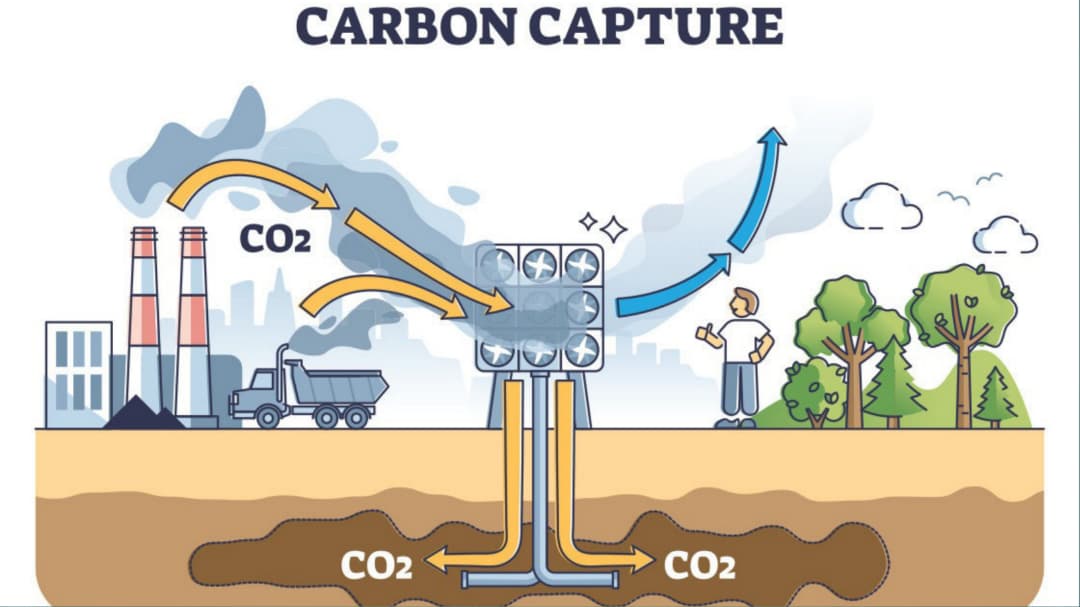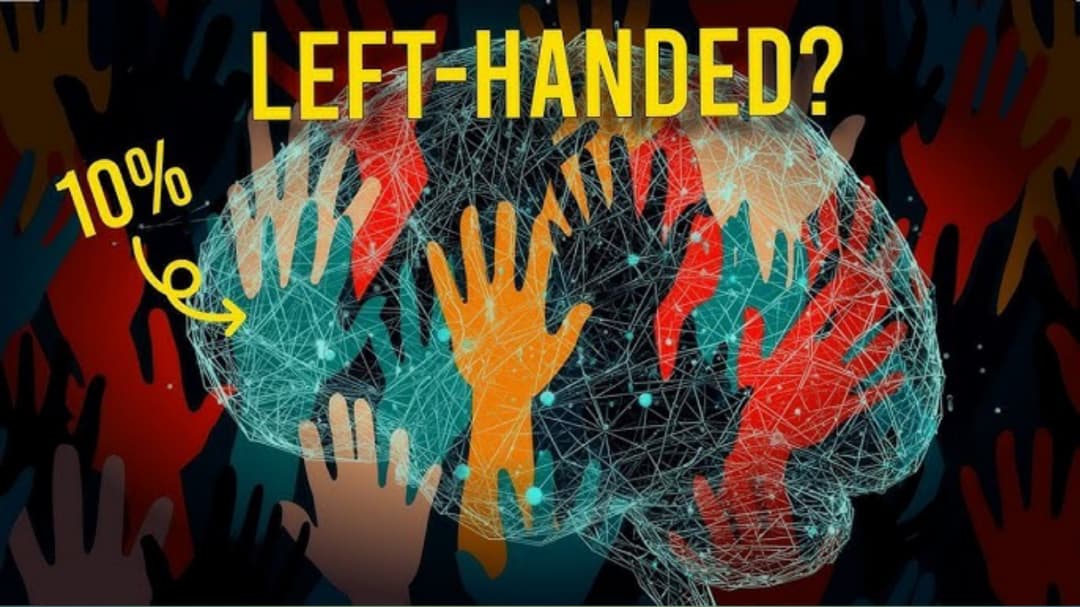Love, Loss, and the Startup Life: When Relationships Collide with Ambition

The emotional cost of Nigeria’s startup dreamers and the partners who love them.
In Nigeria’s fast-paced startup scene, ambition often feels like oxygen, necessary for survival, but slowly suffocating everything else. For many founders and young professionals, the dream of building something great comes with a quiet cost: love. The same drive that fuels late-night pitches, endless networking, and sleepless coding marathons also drains the energy needed to nurture relationships. What begins as passion for purpose can easily become obsession with progress and in the process, people lose people.
The Price of Building Dreams

Nigeria’s startup ecosystem is booming. From fintech giants like Flutterwave to logistics innovators like Kobo360, young Nigerians are proving that the continent’s next billion-dollar ideas won’t come from Silicon Valley, but from Surulere, Yaba, and Ikeja. But behind the buzzwords; scaling, funding, traction, lie quiet heartbreaks that don’t make TechCrunch headlines.
Many young founders speak of delayed engagements, breakups mid-project, and the emotional weight of trying to “make it” in a system that demands 24/7 attention. For every app that gets funded, there’s a partner who feels forgotten. The hustle culture Nigeria glorifies leaves little room for tenderness or rest.
When Love Becomes a Casualty
Relationships thrive on time, presence, and shared growth, all luxuries in the world of startups. Entrepreneurs often promise to “make it up later,” but later rarely comes. A 2023 study by Stears Business found that nearly 60% of Nigerian tech workers report significant emotional strain or relational distance due to work intensity. Many founders privately admit to feeling “married to the job.”
For those who dare to love while building, conflict often brews between ambition and affection. Late-night investor calls turn into missed birthdays; product launches replace quiet dinners. In Lagos’ tech community, emotional connection is often the first casualty of progress.
The Myth of Balance
The Nigerian dream has evolved. Where previous generations equated success with stability, today’s youth chase visibility and innovation. Social media glorifies founders who “sleep in the office” and “hustle till they make it.” Yet beneath the glossy LinkedIn posts are young people quietly breaking under pressure.
Psychologists at LUTH note that this lifestyle blurs the line between purpose and burnout. The emotional exhaustion that follows constant productivity doesn’t just affect performance, it chips away at empathy, patience, and connection. Love becomes another task to manage, not a space to rest.
The rise of co-founder relationships also brings its own complexities. Many partners who start companies together eventually fall out not just over strategy, but over trust and emotional exhaustion. Business disagreements turn personal, and failed ventures leave not only financial scars but romantic ones too. The Nigerian tech scene has quietly witnessed its share of these heartbreaks, though few make headlines.
Social media adds pressure, painting success as the ultimate proof of self-worth. Founders curate perfect stories online while privately enduring depression and loneliness. The stigma around discussing emotional struggles, especially among Nigerian men, worsens the silence. Therapy remains an afterthought, a “luxury” few can afford, financially or socially.
But as the ecosystem matures, there’s growing awareness that mental and emotional well-being are essential to sustainable success. New founder communities like TechCircle and Ingressive for Good now integrate wellness talks and mentorship into their programs. A new generation of Nigerian entrepreneurs is learning to prioritize their humanity alongside their ambition.
The Emotional Economy
Every founder pays an invisible tax, the emotional cost of ambition. One Lagos-based entrepreneur confessed to losing a four-year relationship after his startup consumed him: “I thought I was doing it for us,” he said, “but somewhere along the line, I realized I was only doing it for validation.”
This sentiment echoes across co-working spaces from Ikeja to Lekki, where young Nigerians swap stories of lost relationships like battle scars. The pressure to “prove” success in a country battling economic uncertainty turns work into identity. And when your identity depends on output, love becomes a liability.
A World Bank report underscores how unstable economic conditions amplify this pattern, people cling to career pursuits as a form of safety, while personal bonds weaken in the process. The pursuit of security ironically leaves many emotionally homeless.
Women, Work, and the Weight of Expectation
The imbalance isn’t gender-neutral. Nigerian women in startups often face double scrutiny expected to excel at work and maintain traditional romantic roles. Many choose career independence over relationships that demand emotional compromise. As a result, the rise of the female founder comes with a new stereotype: the “intimidating woman.”
Yet women like Odunayo Eweniyi (co-founder of PiggyVest) challenge this narrative by proving that ambition and empathy can coexist. Her advocacy for inclusive workplaces reminds us that emotional intelligence is not weakness, it’s strategy.
Love in the Age of Hustle

Technology was meant to connect us, but in Nigeria’s urban tech circles, it often amplifies isolation. WhatsApp conversations replace real dates. Virtual check-ins substitute emotional presence. People curate connection through emojis, not eye contact.
Yet amid this detachment, a quiet shift is happening. A new generation of founders is redefining what success means. They’re setting boundaries, taking therapy, and choosing intentional rest. The pandemic forced many Nigerians to confront mortality, re-evaluate pace, and realize that wealth without warmth feels empty.
Healing Beyond Hustle
Healing doesn’t mean quitting ambition, it means humanizing it. Nigerian entrepreneurs are beginning to talk openly about the mental and relational cost of their careers. Startups like Yellow Card and Paystack have introduced flexible schedules and mental-health support to encourage balance.
The shift may be slow, but it’s symbolic, success is no longer measured by valuation alone, but by vitality. The healthiest startups are now the ones built by founders who have learned not just to manage stress, but to make room for love.
The Future of Ambition
The next chapter of Nigeria’s startup story must include emotional sustainability. Founders cannot continue to trade affection for achievement. As one therapist put it, “You can build empires and still be lonely in the palace.” The future of work must recognize that emotional intelligence is not optional, it’s survival.
In the end, ambition is only noble when it doesn’t destroy the people who carry it. Nigeria’s innovators are proving that love and legacy can coexist but only if we remember that success built on isolation isn’t success at all.
You may also like...
When Sacred Calendars Align: What a Rare Religious Overlap Can Teach Us

As Lent, Ramadan, and the Lunar calendar converge in February 2026, this short piece explores religious tolerance, commu...
Arsenal Under Fire: Arteta Defiantly Rejects 'Bottlers' Label Amid Title Race Nerves!

Mikel Arteta vehemently denies accusations of Arsenal being "bottlers" following a stumble against Wolves, which handed ...
Sensational Transfer Buzz: Casemiro Linked with Messi or Ronaldo Reunion Post-Man Utd Exit!

The latest transfer window sees major shifts as Manchester United's Casemiro draws interest from Inter Miami and Al Nass...
WBD Deal Heats Up: Netflix Co-CEO Fights for Takeover Amid DOJ Approval Claims!

Netflix co-CEO Ted Sarandos is vigorously advocating for the company's $83 billion acquisition of Warner Bros. Discovery...
KPop Demon Hunters' Stars and Songwriters Celebrate Lunar New Year Success!

Brooks Brothers and Gold House celebrated Lunar New Year with a celebrity-filled dinner in Beverly Hills, featuring rema...
Life-Saving Breakthrough: New US-Backed HIV Injection to Reach Thousands in Zimbabwe

The United States is backing a new twice-yearly HIV prevention injection, lenacapavir (LEN), for 271,000 people in Zimba...
OpenAI's Moral Crossroads: Nearly Tipped Off Police About School Shooter Threat Months Ago
ChatGPT-maker OpenAI disclosed it had identified Jesse Van Rootselaar's account for violent activities last year, prior ...
MTN Nigeria's Market Soars: Stock Hits Record High Post $6.2B Deal

MTN Nigeria's shares surged to a record high following MTN Group's $6.2 billion acquisition of IHS Towers. This strategi...






